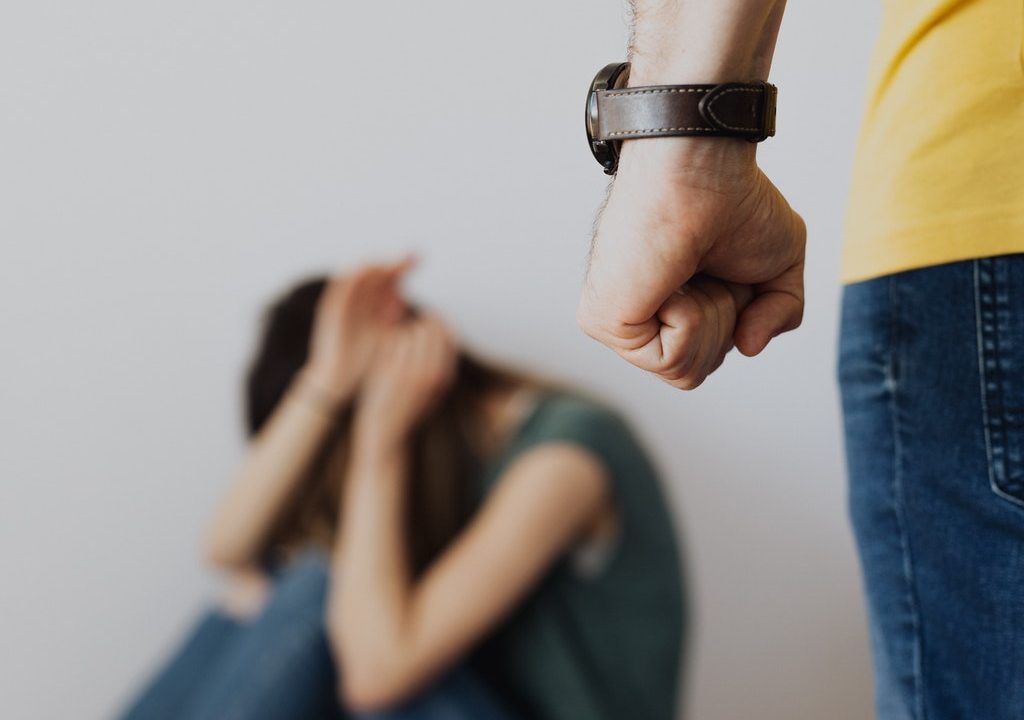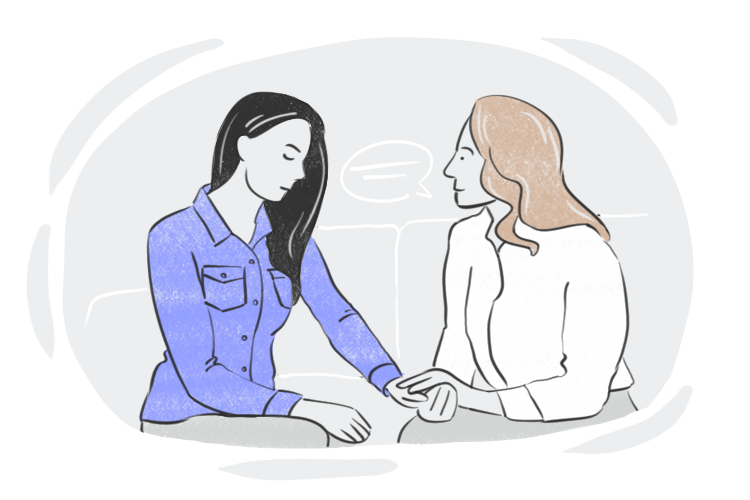7 Valuable Advice For Domestic Violence You Can Suggest

In family life, each person is not always happy. Some girls suffer from domestic violence from their own husbands. Domestic violence can tear lives and cause post-traumatic stress disorder (PTSD) in addition to other mental and physical problems. So what’s the advice for domestic violence? mradvisors.com will contribute to helping the victims who are facing the above problem in the first place.
What is Domestic Violence?
Domestic violence is aggressive or intentional harm done by one person towards another family member. Typically, it is done to exercise control and power. Domestic violence can be seen as a miniature type of social violence with many distinct manifestations because the family is a cell of society and a miniature version of society. Domestic abuse can take many different forms, such as physical, emotional, verbal, sexual, social, religious, and financial abuse.

Some useful advice for domestic violence
Show your interest
You can start a conversation with the victim by saying something like “I’m worried about you because ….” or “I‘m worried about your safety…” or “I’ve noticed some changes make me nervous…” You may have noticed that the person was covering up a bruise with clothing or that their demeanor had abruptly changed to one that suggested domestic violence. Let the person know that you will be private about any information that is released.
Listen and don’t judge
The next piece of advice for domestic violence is to listen. If the person decides to talk, listen to the story without judging, offering advice, or suggesting solutions. If you pay close attention, the person will probably tell you exactly what they need. Just give the person adequate opportunity to talk. You can ask clarifying questions mainly just to let them vent their feelings and fears.
Show that you trust them
Because domestic violence is more about control than anger, the victim is often the only one who sees the dark side of the perpetrator. Many times, others are shocked and incredulous when they learn that someone they know may have committed violent acts. As a result, victims often feel that no one will believe them if they tell people about the violence. For a victim, showing that you fully trust them can bring a sense of hope and relief.

Respect their choice
Don’t pressure them to leave. It’s never as simple as it sounds. There are numerous justifications for continuing violent relationships. Give them support and resources, but in the end let them know the final decision is theirs. Let them know you will be there for them no matter what they choose. This is another piece of advice for domestic violence.
Provide specific support
Help the victim find support and resources. Encourage them to access community resources. Look up the phone numbers of shelters, social services, attorneys, counselors or support groups. You can also find other ways to identify their strengths and assets and help them build and expand on them, so they can find the motivation to help themselves.
Build a safety plan
Help the victim create a safety plan that can be implemented if violence occurs again or if they decide to leave the situation. Just practicing planning can help them visualize what steps are needed and mentally prepare to take them. Don’t forget to help the victim think through each step of the safety plan, weighing the risks and benefits of each option, and how to reduce the risk.

Validate the victim’s feelings
It is not uncommon for victims to express conflicting feelings about their partner and their circumstances. If you want to help, it’s important that you validate her feelings by letting her know that it’s okay to have these conflicting thoughts. But it’s important to acknowledge that violence is not okay and that it’s not normal to live in fear of physical attack. Some victims may not realize that their situation is unusual because they have no other role model for relationships and have grown accustomed to the cycle of violence. Tell the victim that violence and abuse are not part of a healthy relationship.
Things not to do
While there is no right or wrong way to help victims of domestic violence, you should avoid doing anything that will make the situation worse. Here are some “don’ts” that experts advise against:
- Don’t blame the victim
- Underestimate the potential danger to the victim and yourself.
- Promise any help you can’t deliver.
- Do not contribute to inciting the abuser
- Putting pressure on the victim
- Provide Conditional Support
Conclusion
Those are some of the advice for domestic violence we can offer. Regardless of the circumstances, no one deserves to be abused in any way. Victims can get help through helplines and then turn to online and offline support groups and communities for continued support. Victims can seek help from therapists, who can counsel them and, in some cases, their partners to help them cope with domestic violence and its consequences. If it is safe to do so, ensure that the cycle of violence is broken and the relationship is saved.
Read more:
Conclusion: So above is the 7 Valuable Advice For Domestic Violence You Can Suggest article. Hopefully with this article you can help you in life, always follow and read our good articles on the website: mrsadvisors.com





